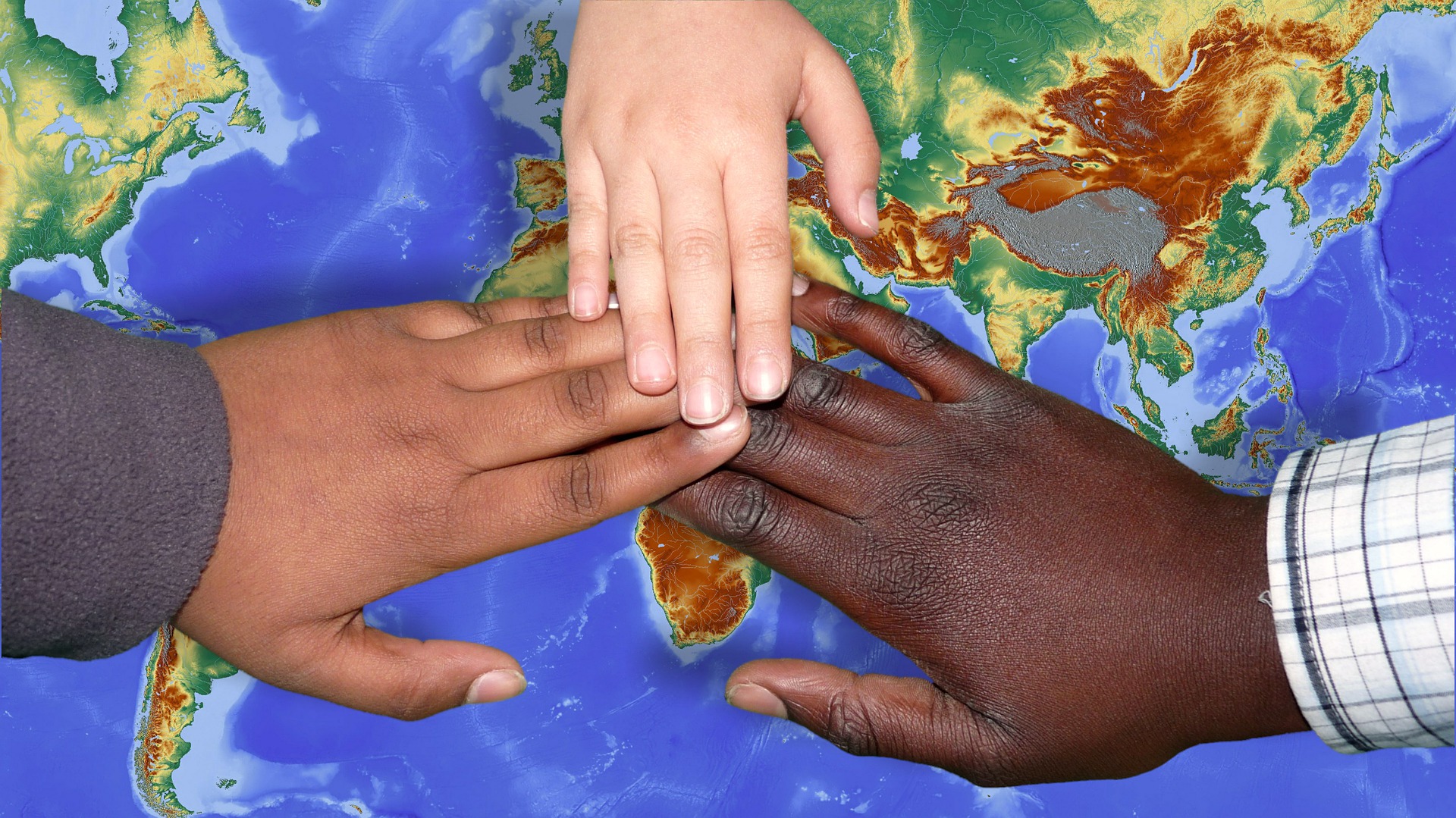Migration Challenges The World
The migration of people is taking place all over the world as families flee their homes and homelands to avoid starvation and the threat of violence. But are there any solutions for those who suffer from such upheaval.
Beyond breaking point
The number of displaced migrants is increasing at an alarming rate, as war, climate change and terrorism force people to abandon their homes. Traditional national boundaries are strained to breaking point, as governments react by closing borders and denying entry to the worthy. The number of people forced to start new lives is rising at a time when there are no simple economic, geographic or political answers. Looking for work, seeking an education, finding medical care, escaping from the effects of climate change, or simply escaping from violence or death are some of the reasons people seek refuge in other countries.
Desperation drives the mass movement of populations as uprooting families to face uncertain and unpredictable futures dependent on those who care for profit alone is considered a last resort. But tens of millions of people are without choice as their options narrow to the impossible position of remaining to risk death or leaving to face serious dangers. Each person’s reason to make such a perilous journey is unique but the collective story forms part of a global problem that has surged in intensity and scale in recent years. Many governments respond by putting protective measures in place to prevent travellers from crossing borders, regardless of international treaties or agreements.
Making a contribution
Migrants, ironically, contribute to the countries that welcome them as they prove to be highly motivated, hard-working and productive citizens. In recent years as many countries experience low levels of economic growth, the political will to welcome refugees has however weakened. As a result there is an escalation in the numbers living in what are intended to be temporary detention camps. But during the time it takes governments to decide what to do with so many stateless families they live in a limbo of inaction and hopelessness.
Migrants by necessity often begin new lives in new countries as entrepreneurs, as they start small businesses to make a living and survive. They also provide a pool of affordable labour that bolsters local communities and national economies. In the current hostile climate however such benefits are ignored as the issue of dealing with an endless flow of those who need help remains unresolved.
Even amongst those who try to help there are no easy answers as the global flow of emigrants overwhelms even the most sympathetic of nations. And so the problem worsens, as the level of suffering increases.
So, the migration of millions of people creates untold suffering and chaos despite the best efforts of so many organisations to look for a solution.




